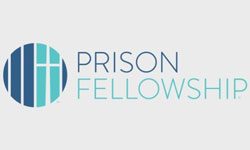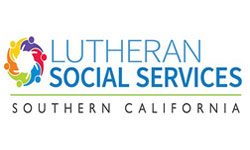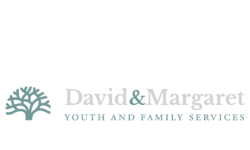Transformative change
Change is inevitable. Thriving is a choice. Every individual and organization is headed in one of two directions – toward decline or toward deep, serious change. Choosing not to change is choosing slow death. Take advantage of our “individual” or “organizational” vision-based planning process called Strategic FuturingTM This process engages you in reflection, visioning, analysis, dialogue, planning and action. It is a navigational tool which will better integrate your personal vision and purpose with your business or ministry goals and objectives. I am a certified consultant with The Genysys Group and specialize in Faith-based Strategic Futuring.
Resource Development
My professional experience includes acquisition of charitable donations and earned income strategies as well as investment capital. A simple summary follows.
Traditional Sources
- Major Donor Development
- Grants (public & private)
- Corporate Gifts
- Gifts-in Kind
- Capital Campaigns
- Social Media
- Public-Private Partnerships
- Etc.
Innovative Sources
Guiding charitable organizations to develop earned income strategies outside of the traditional methods of generating operating revenue. One of many names for this is social enterprise.
Social Enterprise
One definition of social enterprise is, business whose primary purpose is the common good and who use the methods and disciplines of business and the power of the marketplace to advance the social, environmental and human justice agenda. Social enterprise is business with primarily social objectives whose surpluses are principally reinvested for that purpose in the business or in the community, rather than being driven by the need to maximize profit for shareholders and owners.
As with all businesses, social enterprise activities compete to deliver goods and services. The difference is that social and environmental purposes are at the very heart of what they do, and the profits they make are reinvested towards achieving those purposes.
Social enterprises operate in almost every industry from health and social care to renewable energy, from retail to recycling, from employment to sports, from housing to education. Whatever they do, they do it differently from typical business, because they are driven by a social and environmental mission, and they are focused on the community they serve.
Here are three ingredients required to mainstream social enterprise”.
- Hybrid skill sets
Social enterprise requires a blend of skills and perspectives. Effective social enterprises and their teams have to use best-in-class business practices, while also pursuing a mission. This hybrid approach requires analytical skills like market research, product design, and revenue modeling, as well as soft skills like empathy, vision, and dedication, qualifications that don’t co-exist in traditional roles.
- Training, Recruitment, and Management
Cultivating this new mix of skills requires new structures. Traditional education and training programs prepare professionals for corporate or not-for-profit careers. Similarly, recruitment and management processes and personnel specialize on one side of the fence or the other. To grow the talent required to build social enterprises, we need formal and informal training opportunities to cultivate hybrid skill sets described above. Then recruitment and management processes need to catch up: identifying the right candidates, developing and rewarding them appropriately for creating a blend of financial and social value.
- Investment
As for most change processes, this growth and maturation of the social enterprise sector investment requires investment. Many forms of capital are needed, from early, field-building philanthropic capital to impact investments with adjusted timelines and return expectations, and even commercial investment. Such funding will establish training programs; enable social enterprises to pay adequate salaries (Dan Pallotta explains this need here) and develop suitable talent; and facilitate action-focused research to inform the social enterprise ecosystem.

Noted below are a few social enterprise initiatives in which I have been involved.
* Los Angeles – Developed a commercial urban laundry service through a charity to serve Skid Row clients.
*Southern California – Developed a county wide program for 3 Lutheran Synods to repurpose underutilized church properties.
* Qinghai, Tibet – Created an export income stream for women who weave traditional carpets in their home, by providing a simple loom and raw materials. The facilitators were aso missionaries.
* Kinshasa, Congo – Developed an organic agri-business providing fresh grown and delivered food (where much is still imported) with a commitment to hire at least 70% of women who are single heads of households. We, of course, are pursuing major export contracts and clients as well.
*Ometepa, Nicaragua – Secured grant funding to purchase a mobile diagnostic laboratory which now accelerates diagnosis and treatment, and generates income.
* Luzon, Philippines – Work with local small plot farmers to plant, harvest and sell two cash crops (cashew and cacao).
Global Sourcing
I am a global strategist and connector with contacts in most of the approx.100 countries in which I have worked or traveled. If you need to locate products, people or finances let me know if I can assist you. Much of my engagement has been in the global health products space – pharma, lab, instruments, equipment, rapid tests, consumables, etc. But I have sourced many other products including bulk food, textiles, apparel, HBA, footwear, relief supplies, rare earth minerals, precious metals and gems (direct from mining sources), etc. I also connect needed human resources particularly in unique or specialized areas. Likely I will “know someone, who knows someone.”
SAMPLE OF CLIENTS SERVED













